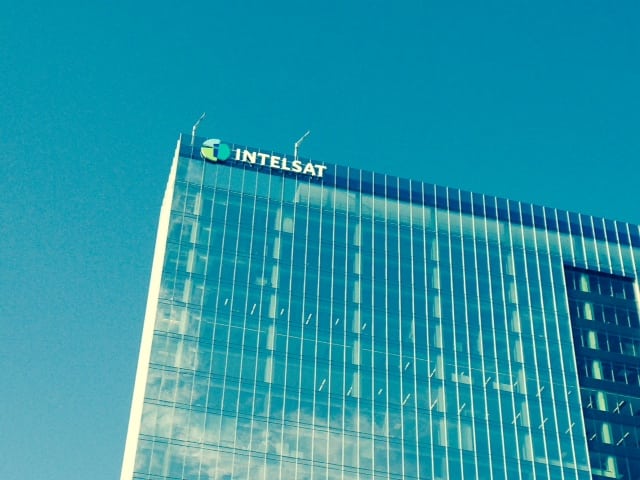Latest News

Intelsat’s McLean, Va. headquarters. Photo: Intelsat
A bankruptcy court has approved Intelsat’s request for an employee incentive plan worth $17 million, despite an objection from the U.S. Trustee overseeing the case.
The U.S. Bankruptcy Court for the Eastern District of Virginia, Richmond Division, approved the bonuses as part of a Key Executive Incentive Plan (KEIP) in court documents filed June 30. The incentives are tied to certain targets like meeting C-band clearing deadlines.
Six executives are eligible to receive a maximum of $17,087,561. CEO Stephen Spengler could receive a maximum amount of $6,974,100. The other eligible executives are: CFO David Tolley; General Counsel Michelle Bryan; Chief Services Officer Michael DeMarco; CCO Samar Halawi; and Senior Vice President of Strategy and Planning Bruno Fromont.
Acting U.S. Trustee John Fitzgerald III with the U.S. Department of Justice filed an objection to the bonuses on June 23, arguing the plan did not set stringent enough performance goals, and the bonuses are not tied to cash flow and will be paid even if the debtors sustain losses. The objection pointed to $6.9 million in retention bonuses paid to Intelsat executives shortly before the company filed for bankruptcy. CEO Stephen Spengler received $1 million, according to SEC filings.
“The key insider employees that are part of the KEIP are already under an obligation to work their hardest for the Debtors. They are already paid handsomely for that hard work. In addition to their salaries, the insiders covered by the KEIP received sizable retention bonuses a week before the bankruptcy filing. The KEIP, therefore, is not an incentive for these employees to work harder, it is a carrot to keep these insiders from leaving for greener pastures,” Fitzgerald argued.
Intelsat’s lawyers argued in court filings that the company’s executives are “irreplaceable,” and incentives are necessary to continue the company’s business performance through Chapter 11 bankruptcy proceedings and the C-band transition. Intelsat recently detailed its plan to clear C-band spectrum in filings to the FCC.
“The senior management team’s direction over the next year will be crucial to the company’s future, given the need to simultaneously maintain and improve business performance, execute the C-band transition program (which includes designing and procuring seven new satellites and corresponding launch vehicles, literally involving rocket science), and lead the debtors through these Chapter 11 cases, transforming the debtors’ capital structure to best position the company for future success,” the court filing read.
Get the latest Via Satellite news!
Subscribe Now